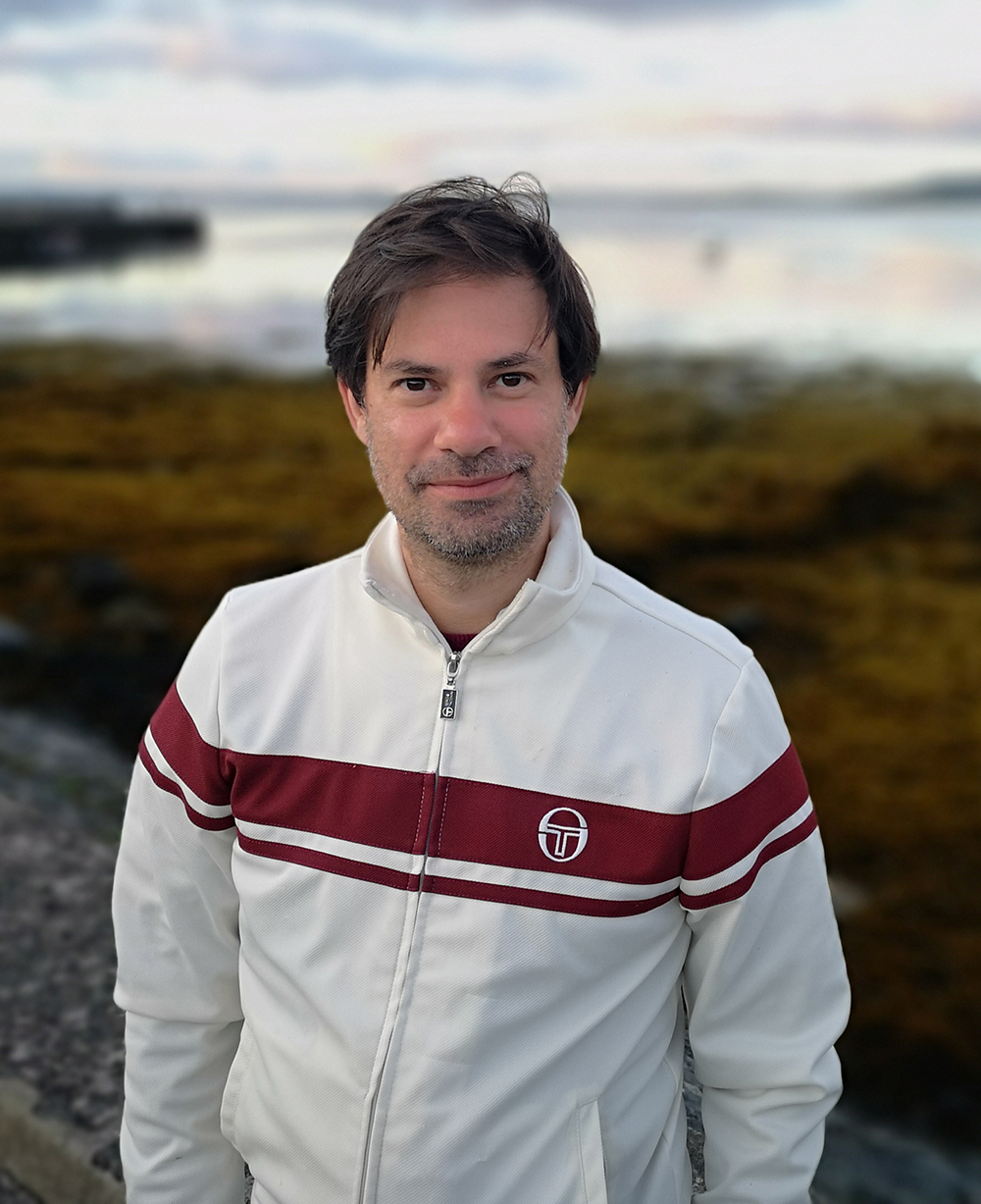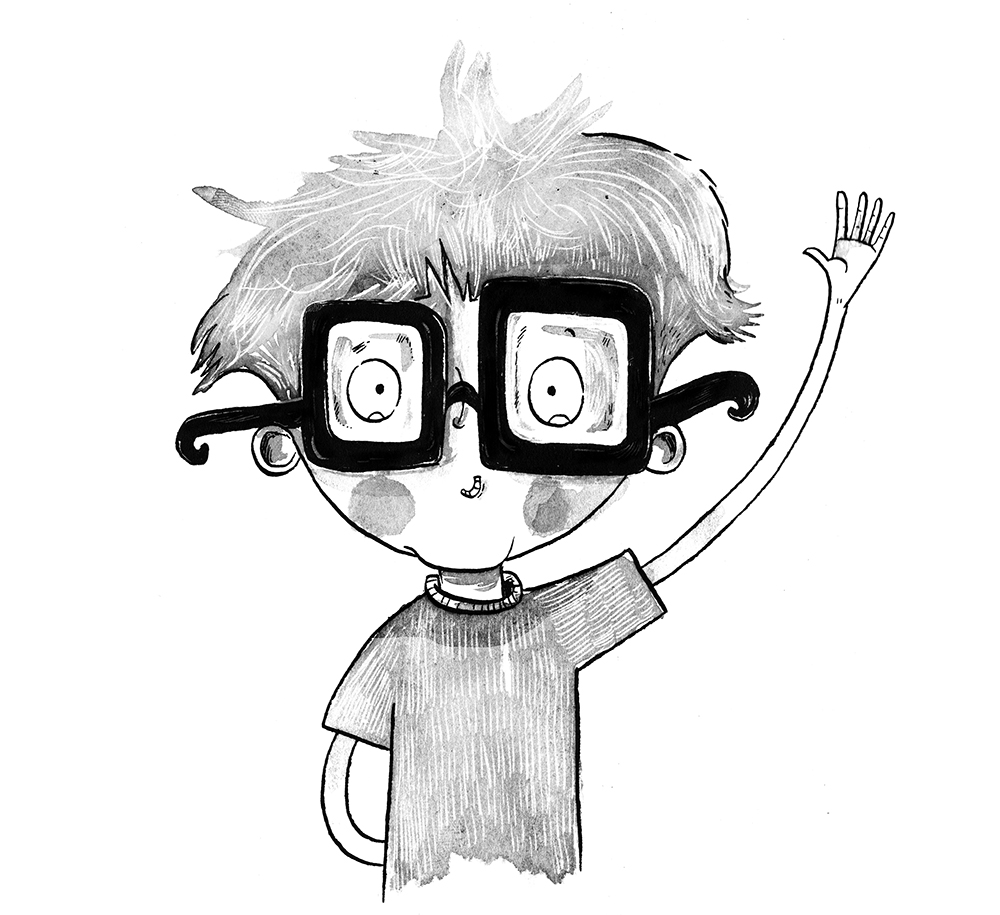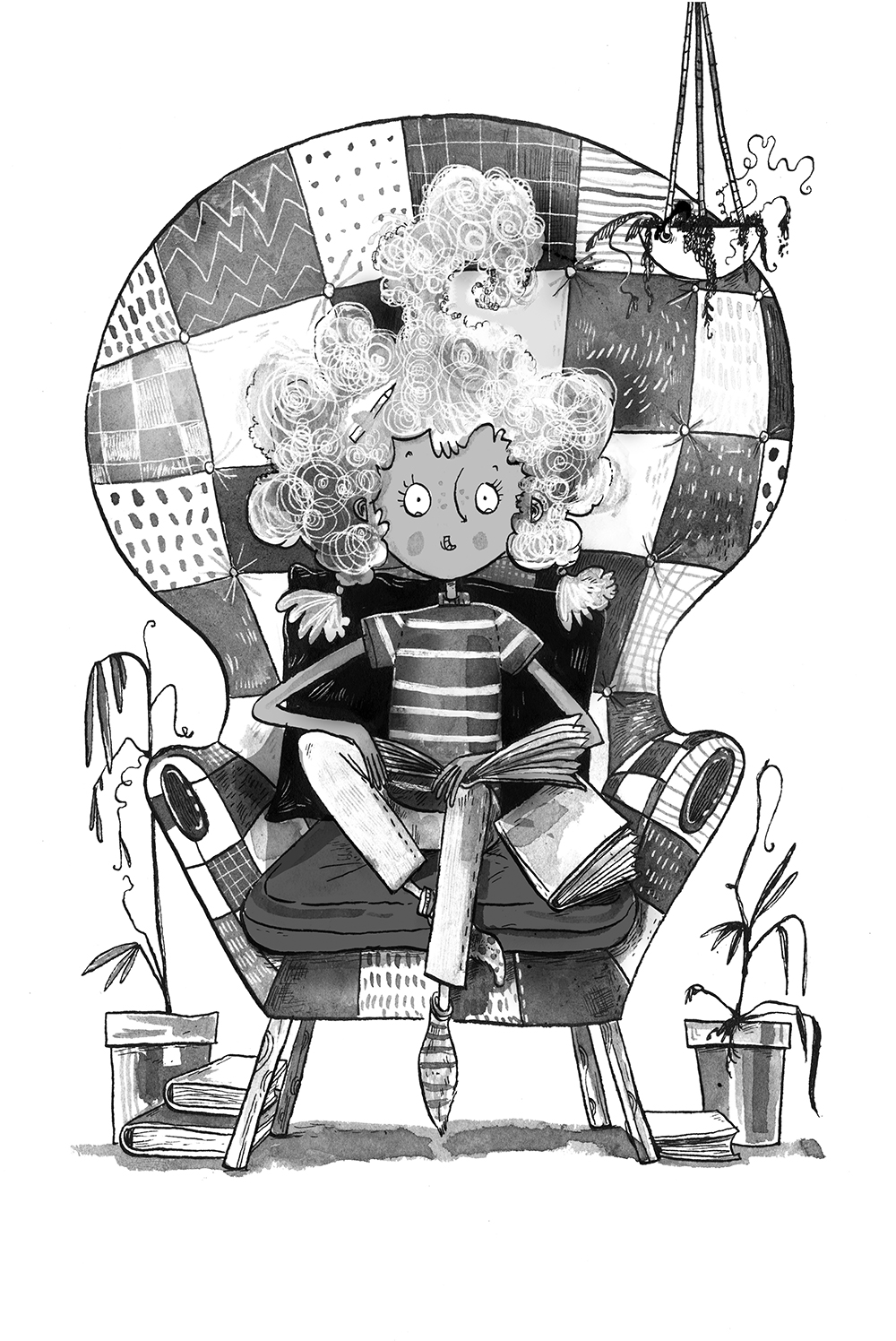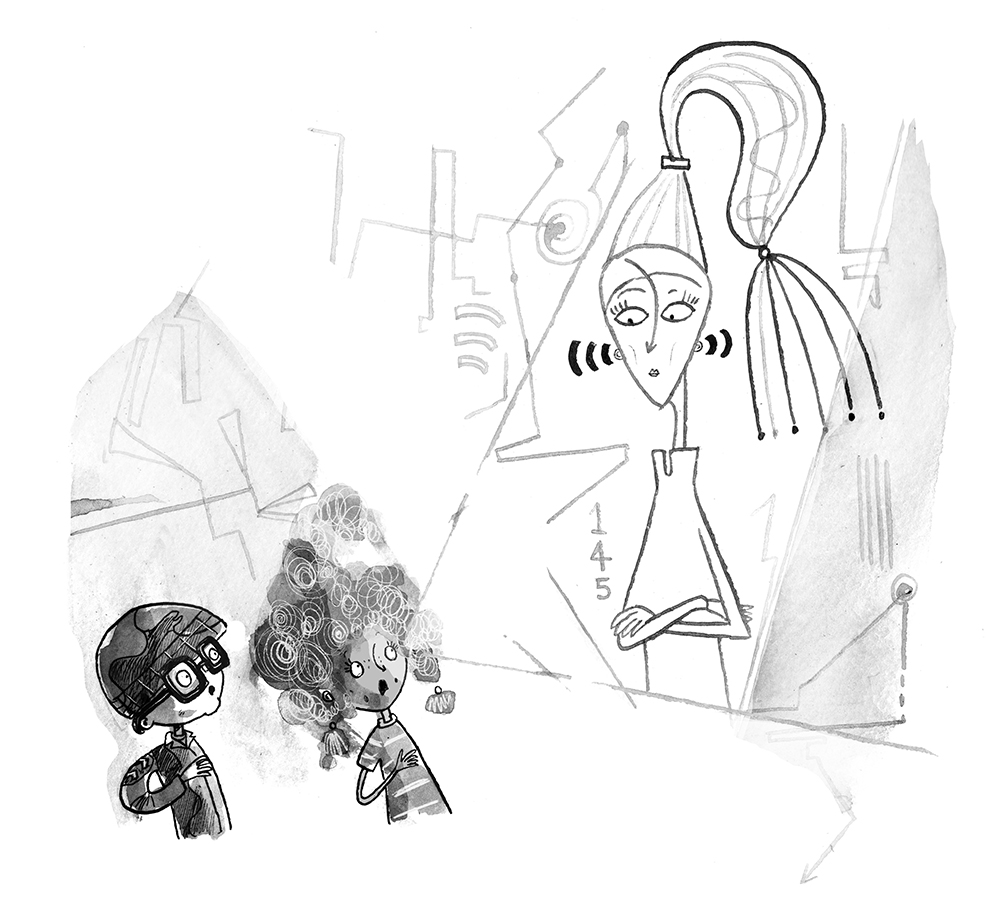- Home |
- Search Results |
- My journey to becoming an author: Sam Copeland
My journey to becoming an author: Sam Copeland
This may come as a surprise, but not every author starts out as one. Many have a variety of jobs before they even think of picking up that pen and putting it to paper. Here, Sam Copeland – author of the hit Charlie Changes into a Chicken series and new book Uma and the Answer to Absolutely Everything – shares his story.

When I get to the question-and-answer session at the end of school assemblies, one of the most common questions I get from children is ‘Did you always want to be an author?’ The truth, I say, is no, I didn’t. Books were my world as a child – they were my safe space in what was a particularly challenging childhood, and many of my earliest memories involved books: a babysitter catching me reading after lights out but letting me read on; my mother gifting me a few books for my birthday, which had Sam as the main character; my confused and conflicted feelings about the Turkish Delight temptation from the fur-clad White Witch. And yet the idea of actually being an author was an utterly alien concept to my child-mind. Authors were from an entirely different world – they were god-like geniuses who were able to create. Far more likely I would play for Manchester United, I thought.
The call-up to Manchester United never came, sadly, and I grew up.

Straight after university, I came to London, a Mancunian Dick Whittington, shell-suited knap-sack on my back. What job would I turn to? I ended up working in a Notting Hill bookshop as the film Notting Hill (1999) came out. I’m not saying Hugh Grant’s dashing character was based on me, but the similarities were stark, there for all to see.
And even during the three and a half years of working in bookshops, not once did I think I could be an author. I was still a young man, finding his way, and I was not close yet to finding my voice. I was so deeply embedded with books, so in love with books, that the idea that I would write was outrageous. That I could one day have a book on one of the bookshelves that I lovingly stacked books on to? Not a chance, pal. Not this Manc.

A colleague got a book deal. He explained about agents. ‘They’re the ones with all the power,’ he said. A lightbulb pinged in my head. That’s what I’ll do with my life, I thought.
I was lucky and landed a job at an agency as an assistant. Slowly I grew into publishing, yet the shadow-dream of being an author remained wild, beyond any possible horizon. I poured my love and creativity into my list of authors who I now represented, and gradually my list grew, and then suddenly I found I was not such a young man anymore. Middle-age hit. That was fine though; publishing was a wonderful home, and I still had hair.
And then one quiet day at work, I found my voice. Or my voice found me. I knew what I wanted to do. A coming together of significant events – most notably my children reaching a certain age and reflecting on my own childhood – had revealed a path.

I wanted to write for children. I wanted to write funny books for children. For children who were reluctant readers, for children who were facing problems, alone and unable to talk about them.
And so, I put pen to paper, and I haven’t stopped writing since. I can’t stop writing. It took me until I was in my forties to find my voice, to discover where my talents lay, to learn what I could do and what I could not. It took me to learn about myself – to learn who I was - before I was able to write.
So, I say to aspiring young authors: No, I never dreamed I would be an author. I never believed for a single moment I could be a writer. And yet, here I am. Believe in the unexpected. Life is full of extraordinary surprises and nobody is more surprised than I am.
Sam’s tips for writing:
• Read as much as you can! That’s the only way to learn. Read EVERYTHING!
• Really study HOW writers make things work – take your favourite book and see if you can work out how they make it exciting or scary or funny.
• Edit, edit, and edit. I edit books about 7 times before they are published and the difference between the last version and the first is UNBELIEVABLE.